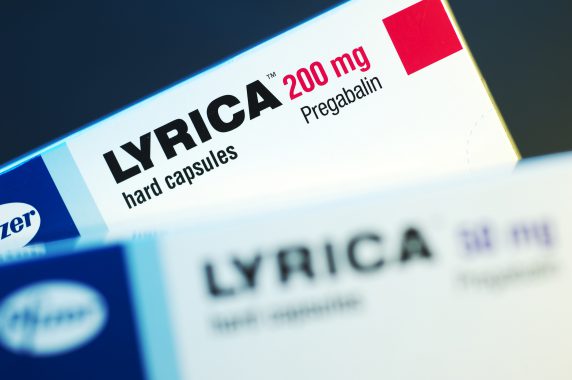GPs will not receive any compensation for the costs of the switching patients back from branded Lyrica to generic pregabalin, Pulse can reveal.
NHS England told GPs they will need to switch their patients back to generic pregabalin, having told them in 2015 that they must specify Lyrica when prescribing for neuropathic pain as a result of an ongoing legal dispute.
GP leaders warn that moving patients back to generic pregabalin is outside contractual requirements, and would require extra resources.
But a spokesperson for NHS England told Pulse that ‘GPs will not receive any compensation for the costs of the reversal.’
This is the latest blow for GPs in the row over the pregabalin prescribing (see box).
Dr Andrew Green, clinical and prescribing policy lead at the GPC, said: ‘Where patients are changed from one drug to another for the benefit of the health economy rather than the individual, the work is outside our normal contracts and practices need to be supported not only for the resources needed to change the prescriptions but also for dealing with any patient queries or problems that result.
‘Of course we support cost-effective prescribing but the investment that is needed for that to happen must come from the organisation which will benefit, and not from GPs ourselves.’
Dr Andrew Mimnagh, NHS Sefton CCG lead on urgent care, told Pulse: ‘The problem is that NHS England only ever see the small triviality of what they are asking us to do rather than the bigger picture. It’s squeezing yet another grain of life out of drowning general practice.’
He added: ‘I can see that the NHS would not be minded to offer us money as they are as cash strapped as everyone, but perhaps they could offer some dedicated pharmacy support.’
A Pfizer spokesperson said: ‘We believe that the NHS England guidance has helped to bring some clarity to prescribers and pharmacists in this unusual and complex situation. We know through our experience with the Lyrica situation that the absence of any national policy for second medical use patents in the UK has been the cause of concern for many, including us.’
CCGs had asked NHS England to recompense them for the work undertaken by practices in prescribing Lyrica, and Pfizer offered to pay costs to GPs who were making the switch from generic pregabalin to Lyrica.
This comes as there are calls to reclassify pregabalin as controlled drug following evidence it is increasingly used recreationally and in prison populations, with greater evidence of addiction.
How the row over pregabalin prescribing unfolded
In 2014, Pfizer claimed that it held a patent over pregabalin when prescribed for neuropathic pain, as opposed to its use for epilepsy and anxiety, and took the matter to court.
A High Court judge said in early 2015 that, while the case was ongoing, NHS England had to issue guidance to GPs in a bid to prevent any potential infringement of a ‘second medical use’ patent Pfizer claimed it held for pregabalin.
It also wrote to pharmacists telling them to refuse any GP prescriptions for generic pregabalin if there was any indication it was for neuropathic pain.
The move required GPs to review and switch thousands of repeat prescriptions for pregabalin to ensure that only the branded version Lyrica was dispensed to patients being treated for neuropathic pain.
Pfizer continued to appeal rulings from the High Court and the Court of Appeal, which both found against them, but the second patent was due to run out in July this year anyhow.
Following the expiration of the second patent last month, NHS England wrote to GPs asking that they return to prescribing pregabalin according to ‘normal practice’ for the treatment of ‘any condition’ after the lapsing of Pfizer’s second patent for neuropathic pain.
















